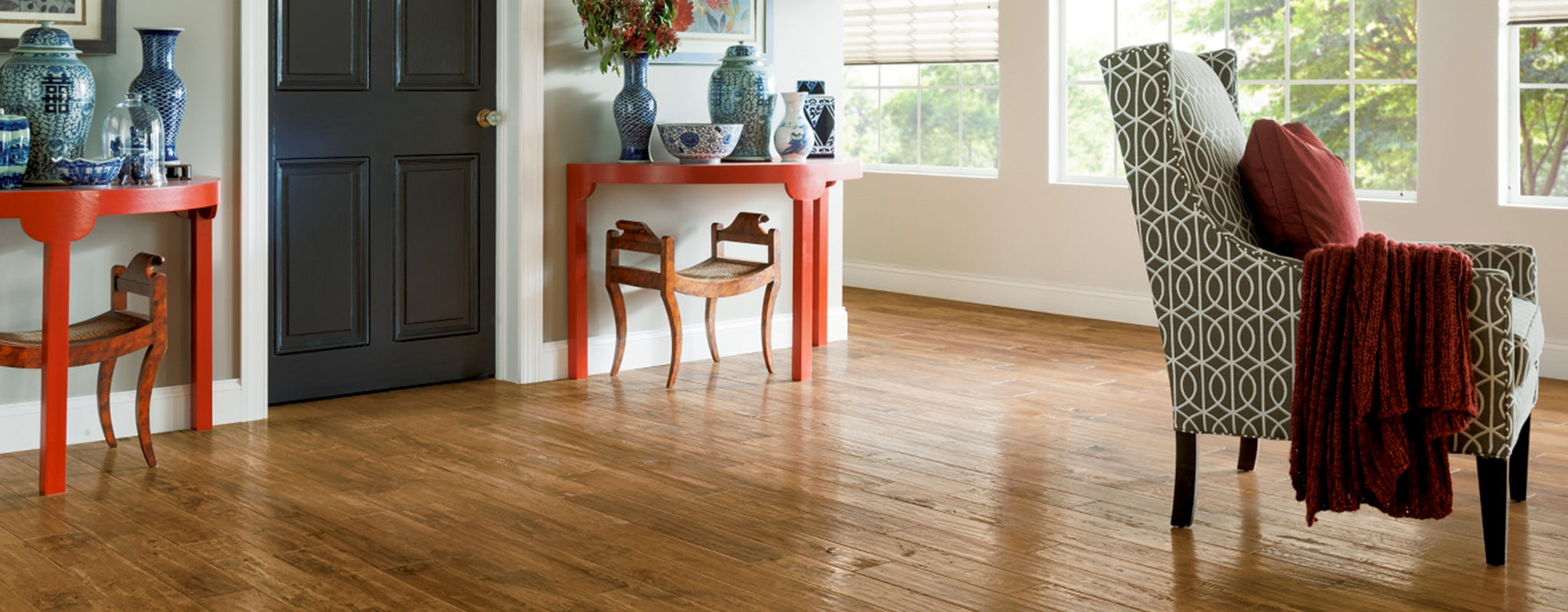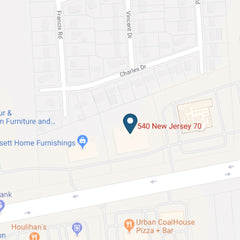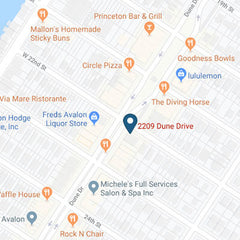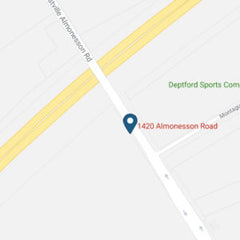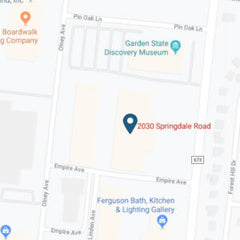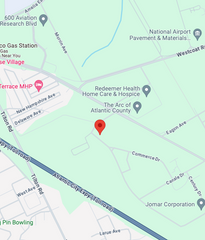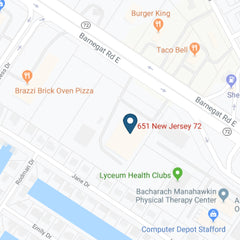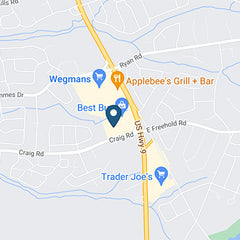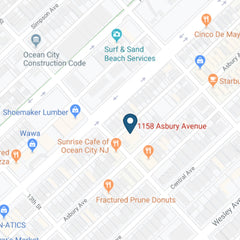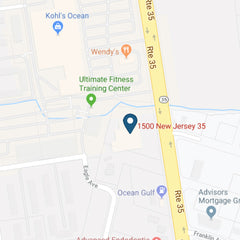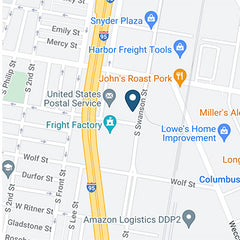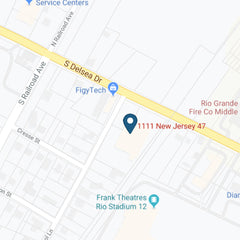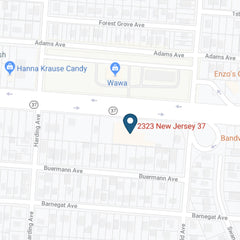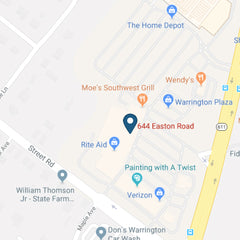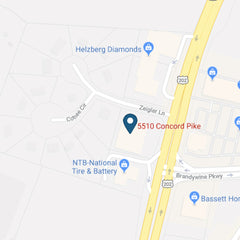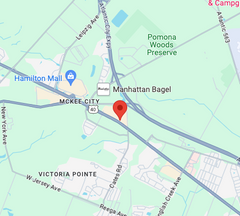Engineered wood is simply a veneer — a thinner top layer of real hardwood that is glued onto a plywood-type substrate. You may be thinking, "plywood?" Don't sneer so fast, because it actually offers many advantages over solid wood.
Advantages of Engineered Wood Flooring vs. Solid Hardwood
You can use engineered wood on surfaces where you can't use solid hardwood: namely, on concrete or in basement spaces that attract moisture. It's also a better choice for installation over radiant heat sources.
If you like the look of larger plank sizes, engineered wood is the way to go, as it allows for much wider planks (that's why engineered wood offers a larger selection of plank sizes).
Engineered wood doesn't expand or contract as much as solid hardwood does with seasonal changes.
Engineered wood is more environmentally friendly: the core is made of recycled wood fiber, meaning fewer trees are used with less waste.
Compared to solid wood, engineered wood actually has a broader range of styles to choose from.

Engineered Hardwood vs. Solid Hardwood Cost
Engineered wood tends to be less expensive – so if you don't have the budget for solid wood, engineered is the way to go!
Like solid hardwood, engineered hardwood can be refinished—the thickness of the top layer dictates how many times you can do so.
At Avalon Flooring, we want to make sure you're happy from your first step in our showroom to your first step on your new flooring—and as your partner in home design, we'll be there every step along the way. Consider us your "One-Stop Shopping" destination for all things flooring…(and window treatments)!
Our design consultants are equipped with the knowledge to guide you through the wide selection of products we offer, and our expert installation team is professionally trained to make sure everything gets installed the way you envision. We know your home is an expression of your sense of style, and we're here to make sure you'll be proud of it for years to come.
If you have any questions, please email us.
